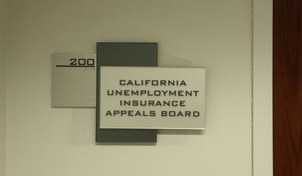
At a hearing, we argued that even though our client could have and should have requested leave, the employer is in a better position to do that, and the fact that they offered resignation as the only option (as was reflected in the e-mails) suggest that obtaining leave would not have been likely. Also, the employer did not clearly communicate leave rights to the employee upon hiring (the employee handbook was very lengthy, vague and lacked employee signature acknowledging receipt).
In its decision, the Appeals Board first pointed out that under the law caring for an aging parent is a substantial compelling reason for resigning, entitling claimant to benefits. The judge found claimant's testimony that he was never advised of leave, that he tried to find someone else to take care of his ill mother but couldn't, and that he returned from overseas just a few weeks after and attempted to get his job back with the same employer, to be credible evidence that he resigned with good cause, affirming the decision to grant the benefits.
Qualifying for unemployment benefits after resigning is often an uphill battle, since the employee has to show "good cause" for resignation, which is substantial, compelling reason for quitting. It cannot be a trivial reasons, such as bad office relationships, unfavorable performance review, not being promoted, etc. If you are thinking of resigning but you are concerned about your potential eligibility for unemployment benefits, it would be a good idea for you to run your situation by an experienced employment attorney, who will be able to assess your chances of obtaining unemployment benefits in light of your specific circumstances.
 RSS Feed
RSS Feed

